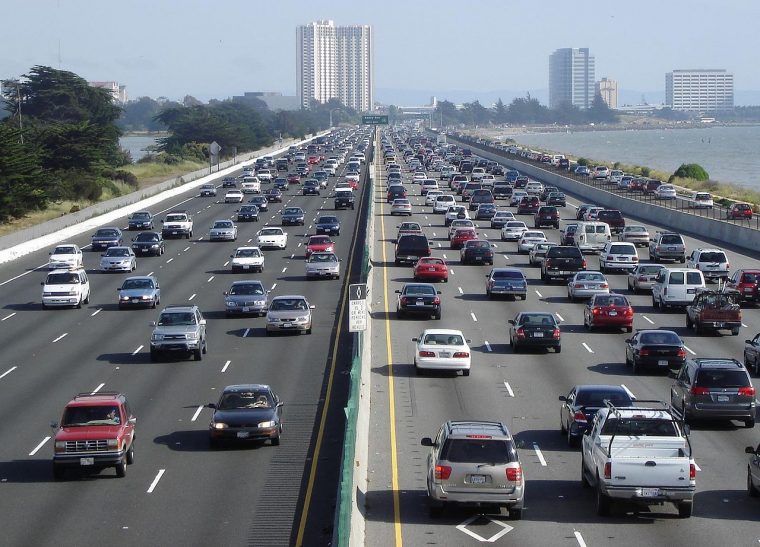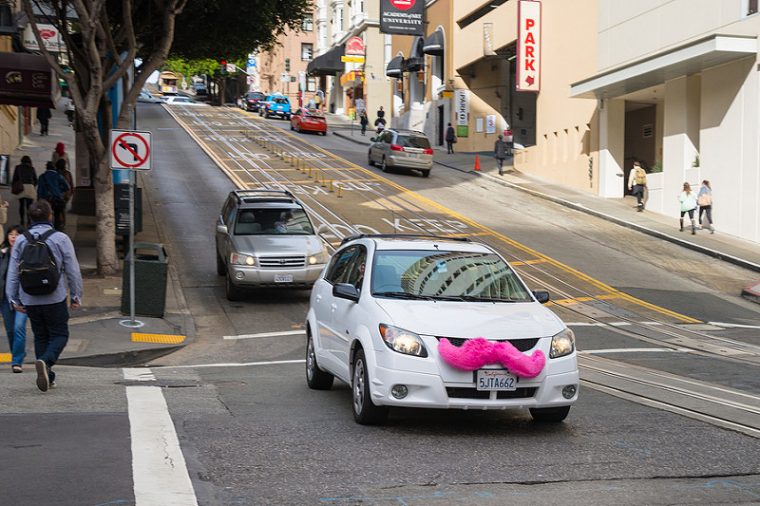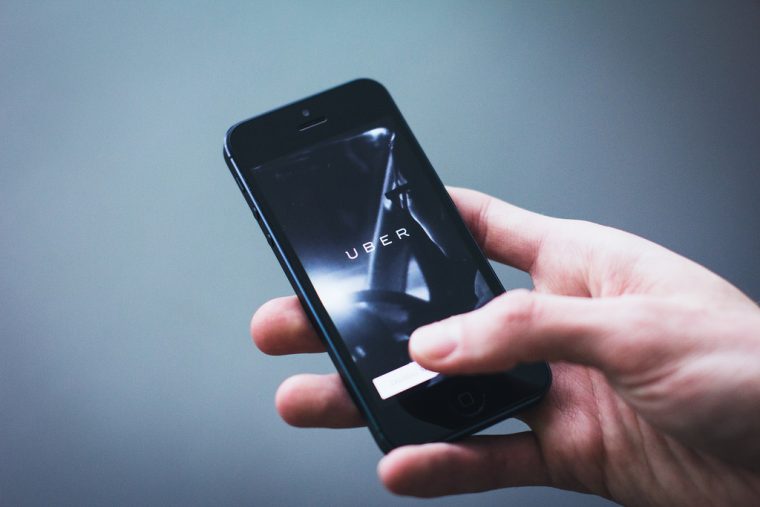Study Finds Ride-Hailing Apps Actually Drastically Increase Driving; Companies Blame Economy
For some time, one of the largest arguments Uber and other ride-hailing apps have given is that they reduce traffic. After all, if one person is just driving a bunch of people around to different places all day, wouldn’t that keep their individual cars off the road, so decrease the amount people drive in total? It turns out the answer to that question is a big “nope,” according to a new study.
Science Is Fun: Mitsubishi has won several awards from the Automotive Science Group

Photo: Minesweeper
The study
The study was conducted by transport consultant Bruce Schaller and focused on the Seattle area. It found that the rise of Uber and Lyft meant somewhere around 94 million extra miles driven in 2017.
Schaller found his estimated results based on Seattle Department of Transportation data, as well as data from other cities and survey results (including one we reported on back in February). Basically, the study found that Uber, Lyft, and other similar companies aren’t making people drive less. They are actually attracting people that otherwise would have walked, ridden on the bus, or just stayed home.
More specifically, according to the study, only about 40 percent of people who call Uber would have otherwise taken a taxi or driven. The remaining 60 percent would ride public transit, walk, or just forget about it.
Saving Gas: The Outlander PHEV also took home an Automotive Science Group award

Photo: SPUR
Pushback
In an interview, Schaller said that, although ride-hailing apps offer a valuable service, if they took over transit, “it would be a disaster for big cities.”
Uber and Lyft essentially responded, “nuh-uh.” Although Uber didn’t argue about the extra mileage estimate, it disagreed that it and companies like it were a problem for cities. Instead, Uber said cities like Seattle should just set up tolls everywhere to discourage people from driving. Uber and Lyft also both pointed fingers at other factors that cause congestion, like the good economy, which leads to more people and freight moving on the roads.
News Source: Seattle Times

The News Wheel is a digital auto magazine providing readers with a fresh perspective on the latest car news. We’re located in the heart of America (Dayton, Ohio) and our goal is to deliver an entertaining and informative perspective on what’s trending in the automotive world. See more articles from The News Wheel.


